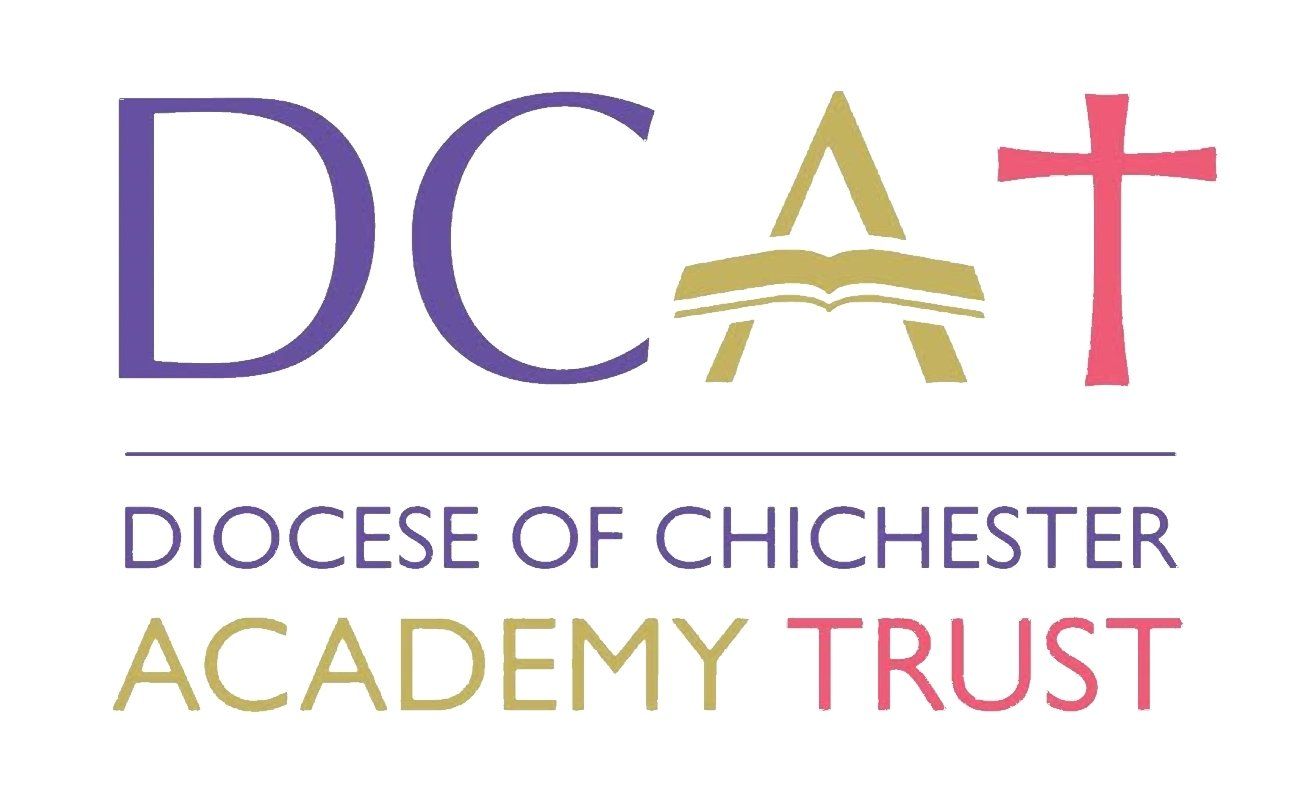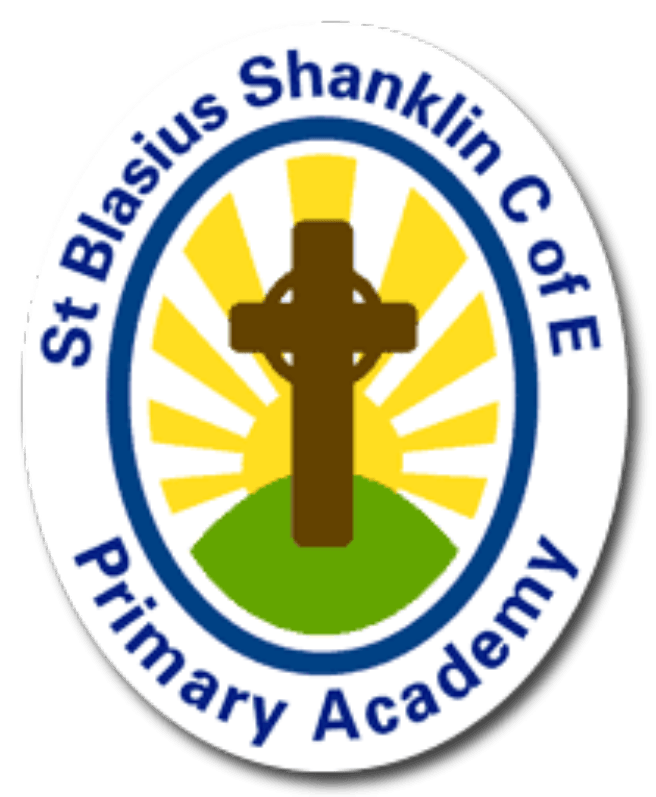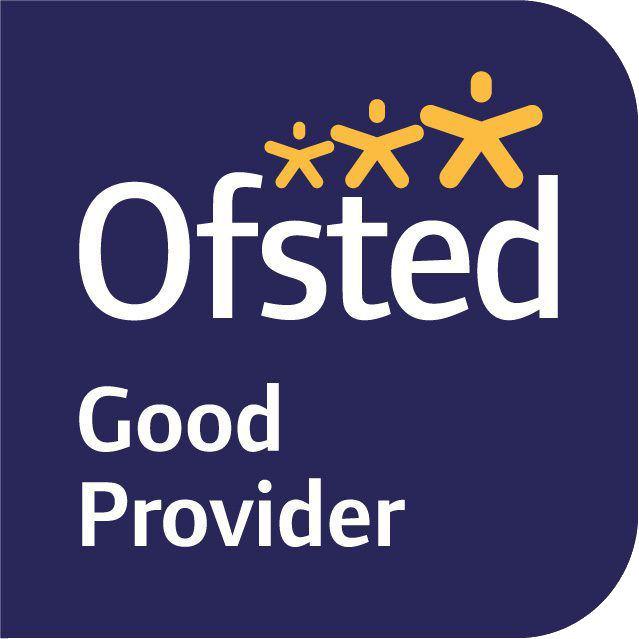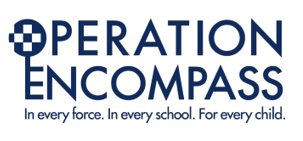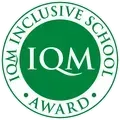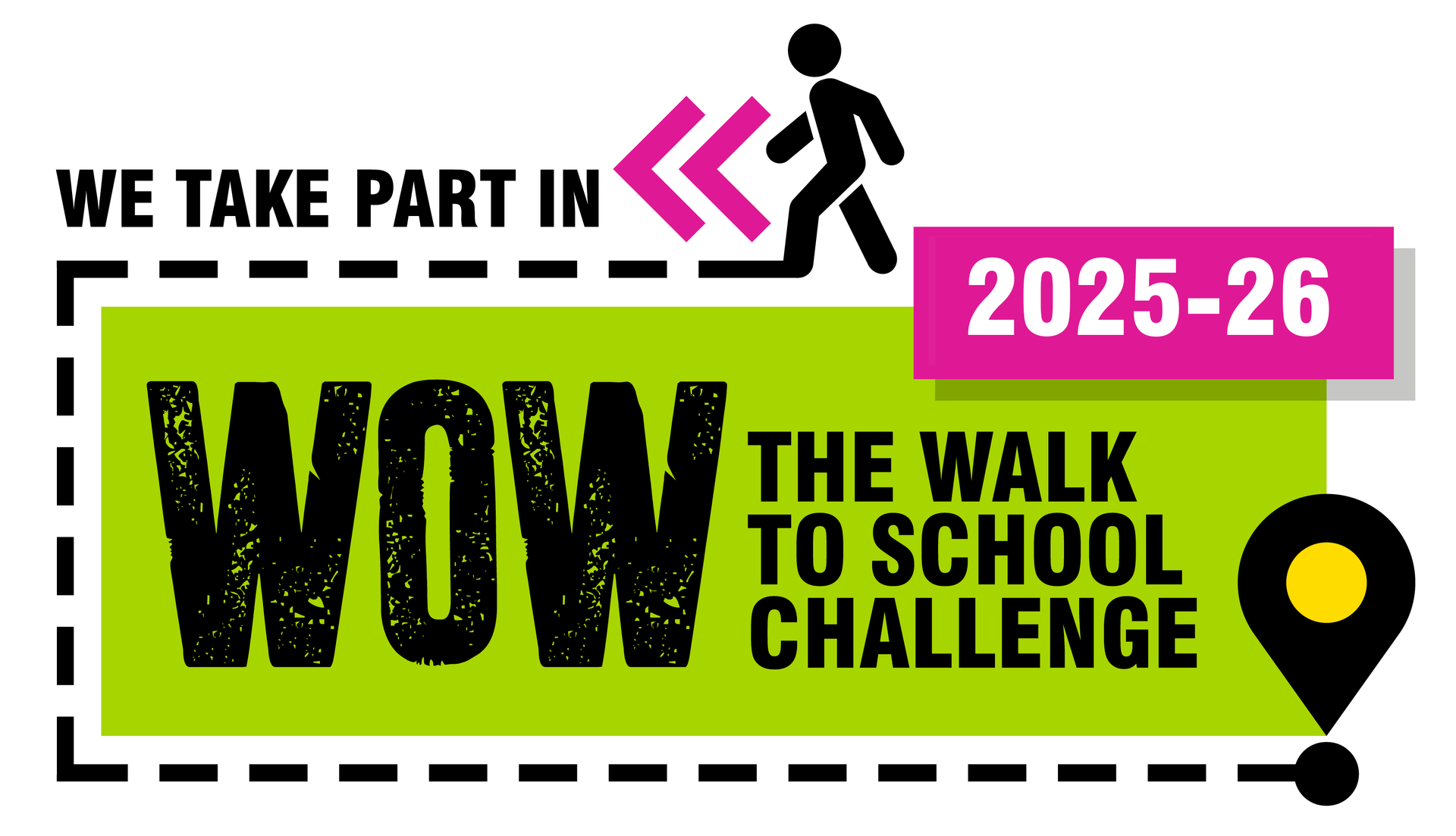Curriculum Overview
Our Christian values of Wisdom, Endurance and Friendship permeate through every aspect of life here at St Blasius Church of England Academy and as such is a key driver for our curriculum.
To find out more about our Curriculum please see the subject overviews and Year curriculum maps below.
1. Intent
Our curriculum aims to:
Learning is the purpose of the whole school and is a shared commitment. At St Blasius Church of England Academy, we recognise that education involves children, parents, staff, governors, the community, Diocese of Chichester Academy Trust and that for the optimum benefit all should work closely together to support the process of learning. Working in partnership, we aim to embed these learning characteristics:
Aspiration:
At St Blasius we aspire to be the best we can be through perseverance and self-challenge, taking pride in ourselves and our work, knowing that we are not going to always get things right the first time and that our mistakes will make us grow.
Opportunity:
At St Blasius, we seek to develop an awareness of the wider world and our community and broaden our horizons through first-hand and practical experiences in order to enable us to become successful, tolerant, and open-minded citizens. This learning is designed through episodic learning to help children to contextualise their experiences whilst building cultural capital.
Confidence:
At St Blasius, we build our confidence and courage to take risks and consider other people’s opinions as well as voice our own. We understand the importance of not being able to do things ‘YET’ and we have positive learning attitudes that enable us to independently explore choices and ideas.
Breadth of Study:
At St Blasius, we aim to provide links between topics to ensure that the children progressively build knowledge whilst ensuring that the children have had multiple opportunities to cement the skills specifically needed for that subject. This is intended to ensure the children’s knowledge moves from semantic to procedural (long-term) knowledge.
2. Implementation
Spaced Learning
Using Ebbinghaus’s research the St Blasius curriculum uses spaced learning to ensure that children have multiple opportunities to build upon the skills needed within each subject to move semantic knowledge to procedural knowledge.
Structure
Each term will have an expectation of 10 sessions completed (a session could span more than one lesson) this allows for episodic learning activities to take place.
Subjects have planned times to be delivered within the school day, see appendix one.
Retrieval, Teach, Practise, Apply
At St Blasius, we have developed key elements of pedagogy that we expect to see within teaching. All lessons will have a clear model. Based on Barb Oakley’s ‘active practice’ research the children will have opportunities for guided and independent practice. It is then expected that children will have the chance to ‘apply’ learned skills to real-world scenarios using a range of dynamic learning styles.
Learning Journeys
Each subject will have a clear learning journey that allows the child to repeat and practise the vital skills to again support knowledge being committed to long-term memory.
Retrieval
From the research of, Pooja K. Agarwal Ph.D., and www.retrivalpractice.org, St Blasius is developing this pedagogical technique to commit information to long-term memory and support deeper thinking through metacognition, quizzes, and knowledge organisers.
Cultural Capital
At St Blasius, the curriculum will aim to decrease ‘knowledge gaps’ through giving experiences of the ‘embodied state’ and ‘Institutionalised state’. The children will have repeated opportunities to learn the Tier 2 and 3 language, (A.Quigley 2018) to allow them to access the curriculum. They will also have episodic opportunities to visit places they need to ‘contextualise’ the understating of taught concepts.
Interleaving (pilot 2022-23)
This technique is being developed on the research by B.Oakley, T.Sejonwski, and A.McConville to support spacing and retrieval. Children will have the opportunity to revise skills that they have learned in previous sessions through the use of low-stakes testing
Phonics Curriculum
St Blasius will use Read, Write Inc as the main phonics scheme throughout the school.
3. Impact
Assessment
For all information on the processes and procedures for assessment see our Assessment and Feedback policy.
Monitoring
Governors and leaders monitor whether the academy is complying with its funding agreement and teaching a “broad and balanced curriculum” which includes the required subjects, through:
- School visits
- Reports from the Principal
- Curriculum updates from subject leaders
- Meeting with pupils
Monitor the way their subject is taught throughout the school by:
- Lesson observations
- Learning walks
- Pupil surveys
- Book looks
- Data analysis
- Monitoring – planning, and timetables
Subject leaders also have the responsibility for monitoring how resources are stored and managed.
This policy will be reviewed annually by the Principal. At every review, the policy will be shared with the full governing board.
See also:
Our Curriculum Policy on our Policies page.


